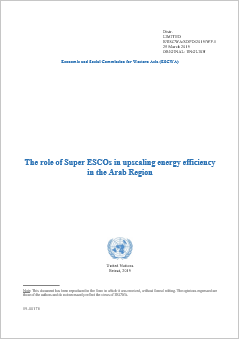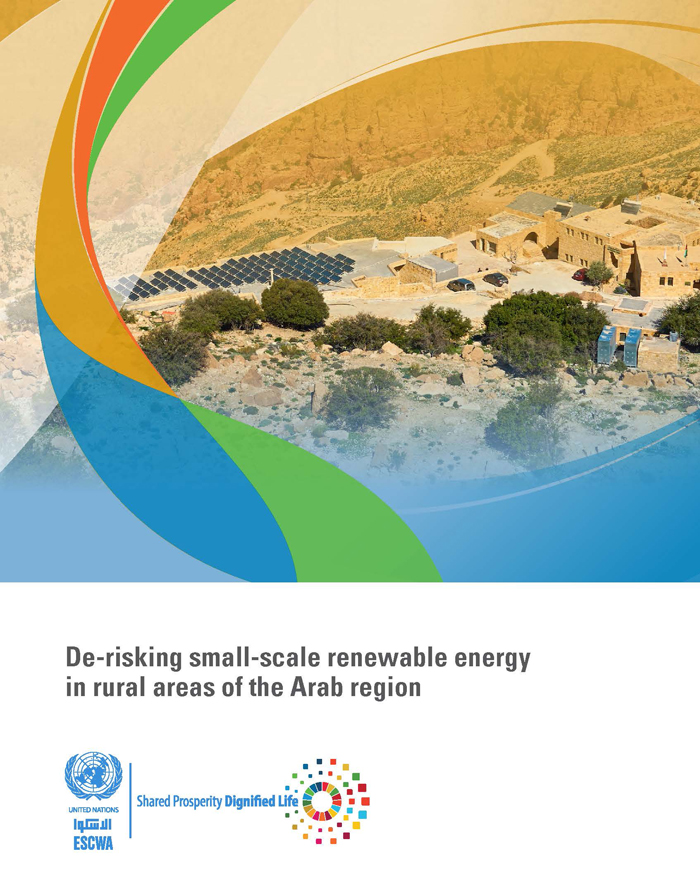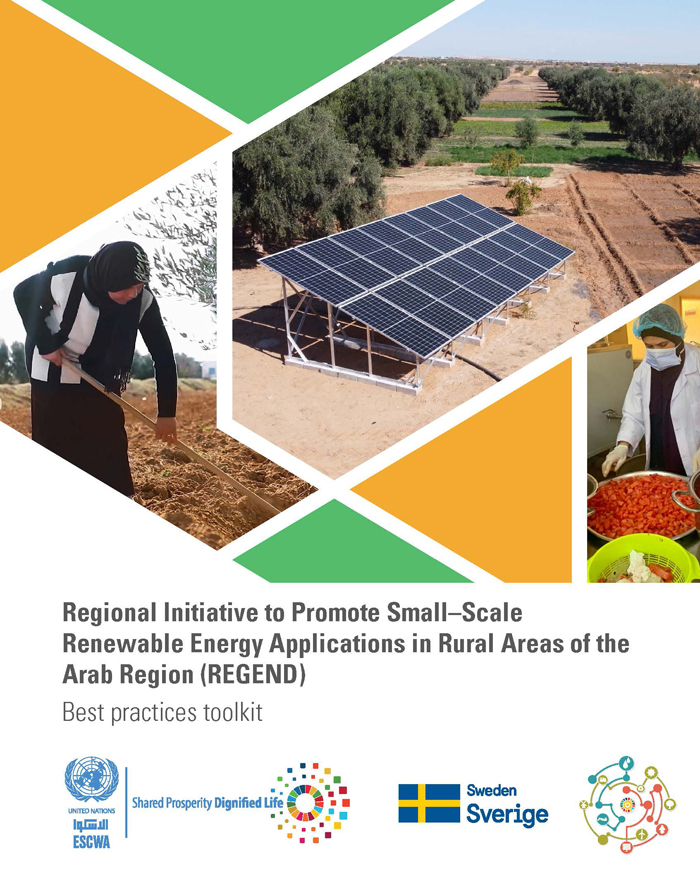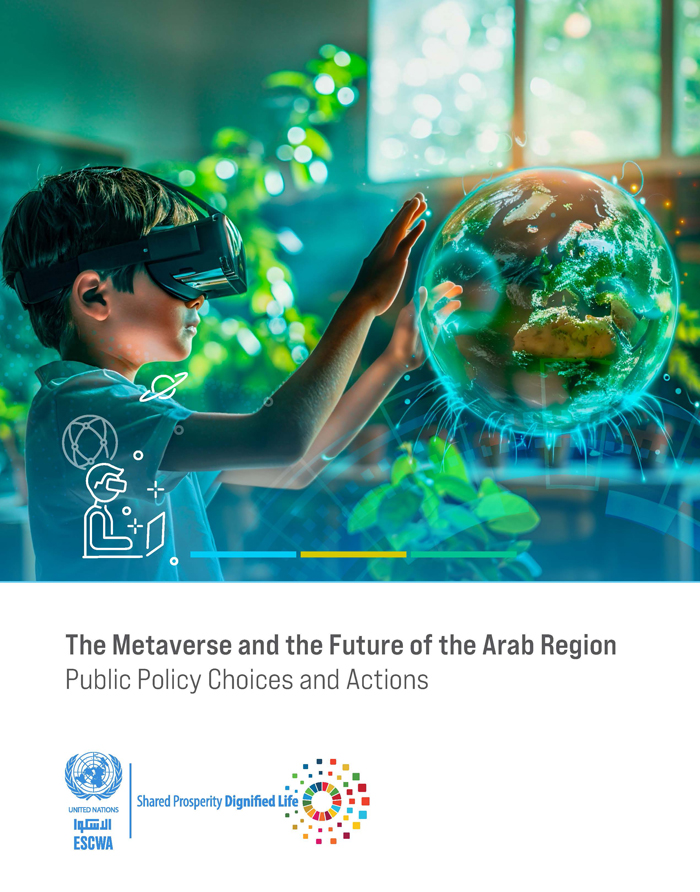
ESCWA Publication: E/ESCWA/SDPD/2019/WP.1
Country: Arab region
Publication Type: Working papers
Cluster: Climate Change and Natural Resource Sustainability
Focus Area: Natural resource sustainability
Initiatives: Up-scaling energy efficiency in residential & services sectors
SDGs: Goal 7: Affordable and Clean Energy
Keywords: Arab countries, Energy efficiency, Energy services
The role of Super ESCOs in upscaling energy efficiency in the Arab Region
January 2019
Upscaling energy efficiency (EE) needs to become a strategic pillar of the energy systems being developed in the Arab region. Such upscaling has many economic, environmental and social benefits. The paper reviews the policy and institutional frameworks that are required for up scaling EE in the region, and the existing challenges that need to be addressed.
The important role of Energy Services Companies (ESCOs) in implementing EE programmes is discussed by presenting, the main ESCO models that have been implemented worldwide, and the major lessons learned. A brief assessment of the development of the ESCOs market in the Arab region is also presented, showing that this market did not materialize in the region, as well as other regions with similar energy services market conditions, in spite of the many attempts that were made to activate it over the last two decades.
The paper shows that Super ESCOs can be an effective instrument for stimulating and developing the ESCOs market in the region and overcoming many of the challenges facing the upscale of EE in Arab countries. Super ESCOs can be an efficient vehicle for channelling public funds for EE programmes and other demand-side management solutions such as renewable energy systems at the energy end-users’ levels, and implementing these programmes in the region, in a win-win framework for all relevant stakeholders. Super ESCOs can provide the needed support for local SMEs operating as ESCOs, develop their capacities, create market opportunities for them, and monitor the quality assurance of their interventions, therefore raising the confidence level of stakeholders dealing with ESCOs and EE investments. The propositions are based on a discussion of the Super ESCOs international experience and initial experiences in the Arab region, and their potential development. Sketches for typical Super ESCOs settings and structures are also proposed
Related content
Natural resource sustainability
,
Upscaling energy efficiency (EE) needs to become a strategic pillar of the energy systems being developed in the Arab region. Such upscaling has many economic, environmental and social benefits. The paper reviews the policy and institutional frameworks that are required for up scaling EE in the region, and the existing challenges that need to be addressed.
The important role of Energy Services Companies (ESCOs) in implementing EE programmes is discussed by presenting, the main ESCO models that have been implemented worldwide, and the major lessons learned. A brief assessment of the development of the ESCOs market in the Arab region is also presented, showing that this market did not materialize in the region, as well as other regions with similar energy services market conditions, in spite of the many attempts that were made to activate it over the last two decades.
The paper shows that Super ESCOs can be an effective instrument for stimulating and developing the ESCOs market in the region and overcoming many of the challenges facing the upscale of EE in Arab countries. Super ESCOs can be an efficient vehicle for channelling public funds for EE programmes and other demand-side management solutions such as renewable energy systems at the energy end-users’ levels, and implementing these programmes in the region, in a win-win framework for all relevant stakeholders. Super ESCOs can provide the needed support for local SMEs operating as ESCOs, develop their capacities, create market opportunities for them, and monitor the quality assurance of their interventions, therefore raising the confidence level of stakeholders dealing with ESCOs and EE investments. The propositions are based on a discussion of the Super ESCOs international experience and initial experiences in the Arab region, and their potential development. Sketches for typical Super ESCOs settings and structures are also proposed



